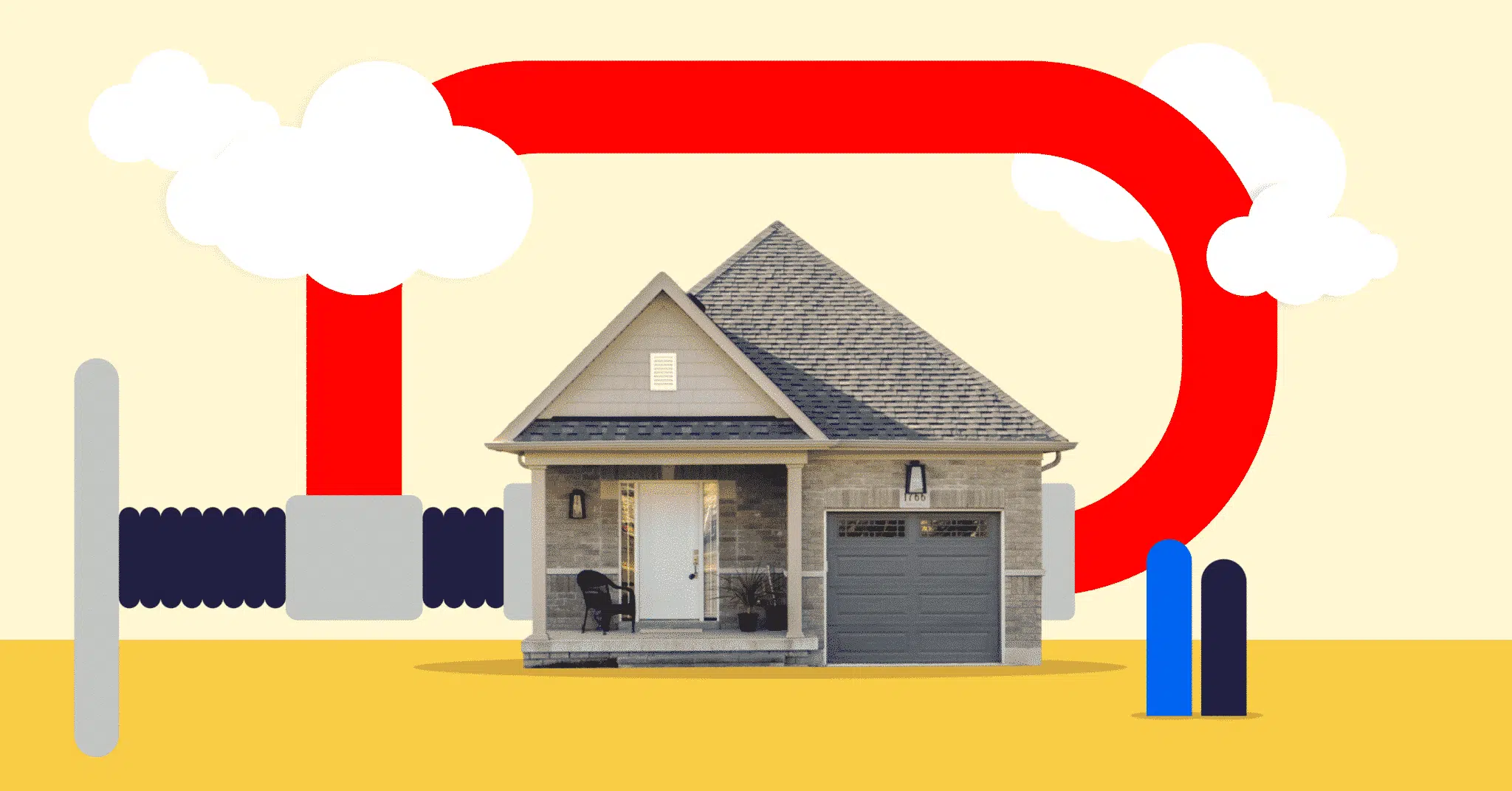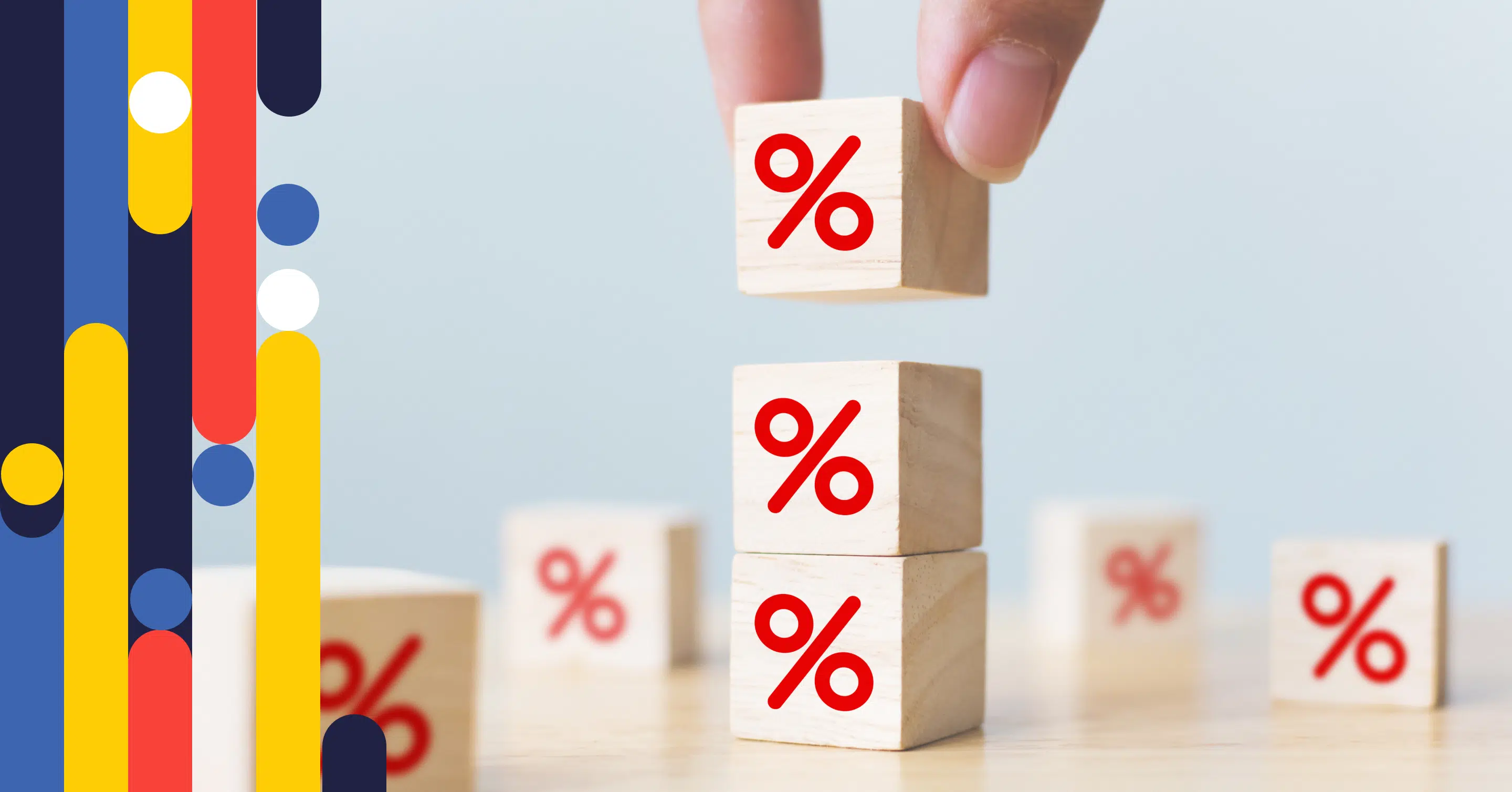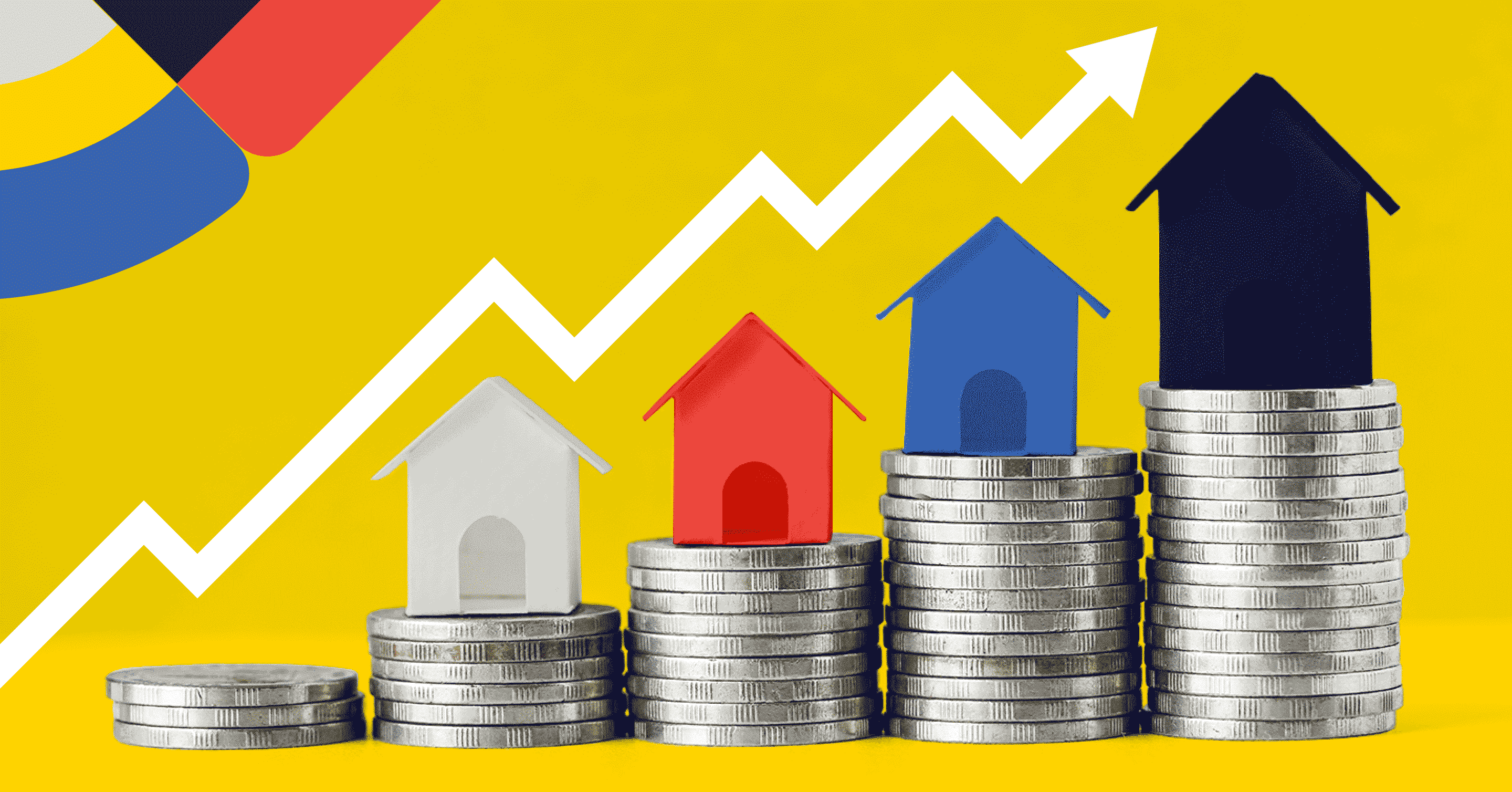A Guide To Property Tax In Canada - Calculations and Rules

Table of contents
As a homeowner, you’re responsible for paying taxes on your property to the municipality in which you live. Property taxes are used to generate money for public purposes in your area. Without this major source of funding, the services available where you live would be greatly reduced. nesto’s property tax calculator will help you estimate the amount of property taxes you’ll have to pay to the municipality so you can add that to your annual homeownership budget.
Key Takeaways
- Property taxes are the main source of revenue for municipalities and are used to fund services such as garbage, composting and recycling, road maintenance, snow removal, and parks and recreational facilities
- Property taxes are usually determined near the second half of each year. Interim taxes are paid in the first half based on the previous year’s rate
- Cities with high-valued local real estate and larger populations generally have more flexibility to keep tax rates low since the amount collected from individual homeowners is generally higher and there are usually more taxpayers contributing.
Are you a first-time buyer?
What is property tax?
Property taxes are levies collected from property owners by the municipality, which are then used to fund municipally-run services such as garbage, composting and recycling, road maintenance, snow removal, parks and recreational facilities, libraries, transportation and more.
Property value assessment
To establish your property’s assessed value, municipal property assessment organizations, such as the Municipal Property Assessment Corporation (MPAC) in Ontario or BC Assessment in British Columbia, analyze key features including a property’s location, age, quality and size as well as sales of comparable properties in your neighbourhood, to provide a current value assessment.
Important: If you live outside of a municipality, the responsibility of your local services falls under the purview of the provincial government and you’ll be required to pay what’s known as a provincial land tax.
The tax due is typically calculated by multiplying the assessed value of the property by the tax rate. This is commonly referred to as ‘mill rate’ and expressed as dollars of tax per $1,000 of assessed value.
Understanding Fair Market Value
The term “fair market value” refers to the estimated price that a property would fetch in the open market in a transaction between a willing buyer and a willing seller, who are both knowledgeable, informed, and prudent, and who are acting independently of each other. The fair market value represents an unbiased estimate of the potential price of a property, based on its inherent characteristics and the prevailing market conditions.
The fair market value of a property forms the basis for calculating property tax in Canada. When the local municipality typically conducts a property tax assessment, this involves estimating the fair market value of the property to calculate the tax.
Property value assessment
The market value of a property is what is usually used as a baseline during a residential property value assessment. Each province has its own assessment authority that regulates these assessments, with different rules and assessment frequencies. The assessed value of a property can be significantly different from the market value of a property, even though the latter plays a role in determining the assessment. This can be due to various factors, such as high local demand.
Determining Your Assessed Value
Unlike property value assessments, determining the assessed value of your residential property is a private undertaking, the value of which will only be disclosed to you, the homeowners. This is why determining property tax prior to buying a home is difficult; your privately assessed value might differ from the property value assessment conducted by the provincial or municipal authority.
Tips for Lowering Your Property Taxes
While you cannot lower the tax rate itself, it’s definitely worth researching ways to lower the amount of property tax you’re paying. Here are some options to look into:
Examine and Appeal Your Assessment Notice
If you find that your home’s value assessment is too high, you can submit an appeal to have your property reassessed. There’s not much you can do about tax rates, but there are ways to prove you were over-assessed. If you check the date of your assessment report, compare that value to other houses in your area sold for around the same time and find that they were sold for much less, you can make a case for an unfair assessment.
Check With Provincial Governments for Additional Assistance
Oftentimes, provincial and municipal governments offer assistance programs for property tax payments. These programs range from homeowner grants, payment plans, and deferrals.
Consider Refinancing or Taking Out a Home Equity Loan
If you are struggling to pay your property taxes and have built up equity on your property, refinancing your mortgage can allow you to access your home equity and take out a home equity loan to put towards your property taxes, as well as other payments towards your home.
Mortgages giving you a headache?
Take a breather and work with nesto experts to make it easy for you.
Estimating Your Tax Amount
Estimating tax amounts will differ significantly between provinces and municipalities. For example, a condo valued at $500,000 in Montreal, QC vs one located in Toronto, ON will have significantly different property taxes. Local tax rates are also subject to change every year. Here are the property taxes of the largest cities in Canada for homes valued at $500,000.
Source: Canadian Mortgage and Housing Corporation
What Are Interim Property Taxes?
Interim property tax bills are issued annually and reflect 50% of the previous year’s annual taxes. The amount paid for interim property taxes in the first half of the year will be put towards the total property tax payment for that year. This enables cities to collect tax revenue while deciding on their budget for the year, which includes their official property tax rate.
If the final property tax rate is higher than the previous year’s tax rate, you’ll have to pay more for the second round of payments in the year to make up the difference. And, on the flip side, if the final property tax rate is lower than the previous year’s tax rate, you’ll pay less for the second round of payments in the year.
What Are The Official Property Tax Rates?
Property taxes are the main source of revenue for municipalities and they’re usually determined once a year near the second half of the year. Municipality finances are highly regulated by provincial governments and there are strict restrictions on borrowing. As a result, municipalities have to carefully balance their budgets according to the expenses they face each year. One tool that they can use is their property tax rate. By deciding on the property tax rates later in the year, municipalities have more time to figure out how much additional (or less) revenue they require.
Tip: Expect to receive your property tax bill early in the year. You typically have the option of paying on a monthly, quarterly, semi-annually or annual basis. Payment frequency may also be determined by the municipality.
How Do Property Taxes Vary by Canadian City?
Local real estate values play a key role in property tax assessment rates. Cities with high-valued real estate and larger populations generally have more flexibility to keep tax rates low since the amount collected from individual homeowners is generally higher, because real estate prices are higher, plus there are usually more taxpayers contributing.
Another factor is the city’s commercial-to-residential tax ratio. In most municipalities, businesses pay at least double the amount of tax than homeowners, with the Canadian average around 2.5. Typically, a higher commercial property tax rate results in a lower residential rate, and the opposite is also true. Local council may, however, choose to lower commercial rates if they feel their community needs to offer more competitive advantages to businesses.
If you disagree with the amount of your property taxes, you have the right to file an appeal by completing and submitting a request for reconsideration. It’s important not to get hung up on the actual dollar amount you’re being asked to pay but, rather, establish how your property taxes compare to other properties within your neighbourhood.
FAQ
How is property tax calculated in Canada?
Property tax in Canada is calculated based on an assessment of the property’s value and the tax rate set by the local municipality. The local municipality determines the tax rate, and it varies depending on the type of property and its assessed value. Once the property’s assessed value is determined, the tax rate is applied to calculate the annual property tax.
What factors are taken into consideration when calculating property tax in Canada?
The assessed property value and the property tax rate of a region are used to calculate the property taxes a homeowner will pay on their property. Property tax rates will differ significantly between municipalities across Canada.
Is property tax different in each province or territory in Canada?
Yes, property tax rates vary between provinces or territories and even municipalities, but so do the regulations surrounding property taxes and property value assessments.
Are there any exemptions or deductions available for property tax in Canada?
Yes, provincial and municipal governments often offer a variety of rebates, deductions, or exemptions to property taxes.
How can I use a property tax calculator in Canada to estimate my tax liability?
Without a property value assessment undertaken by a provincial or municipal authority, it’s hard to calculate property taxes with perfect accuracy. However, using your home’s purchase value or privately assessed value and the location of your home, you can estimate your tax liability using a calculator.
Final Thoughts
In conclusion, property taxes are used to pay for the public resources in the area in which your home is located. Property taxes are calculated using the value of your home (determined by a property value assessment conducted by a government body) and the property tax rate of the municipality you live in. As property taxes differ wildly between provinces and municipalities, understanding how property taxes work and knowing the tax rate of the region your property is located in are crucial in budgeting for your home purchase.
Ready to get started?
In just a few clicks, you can see our current rates. Then apply for your mortgage online in minutes!















